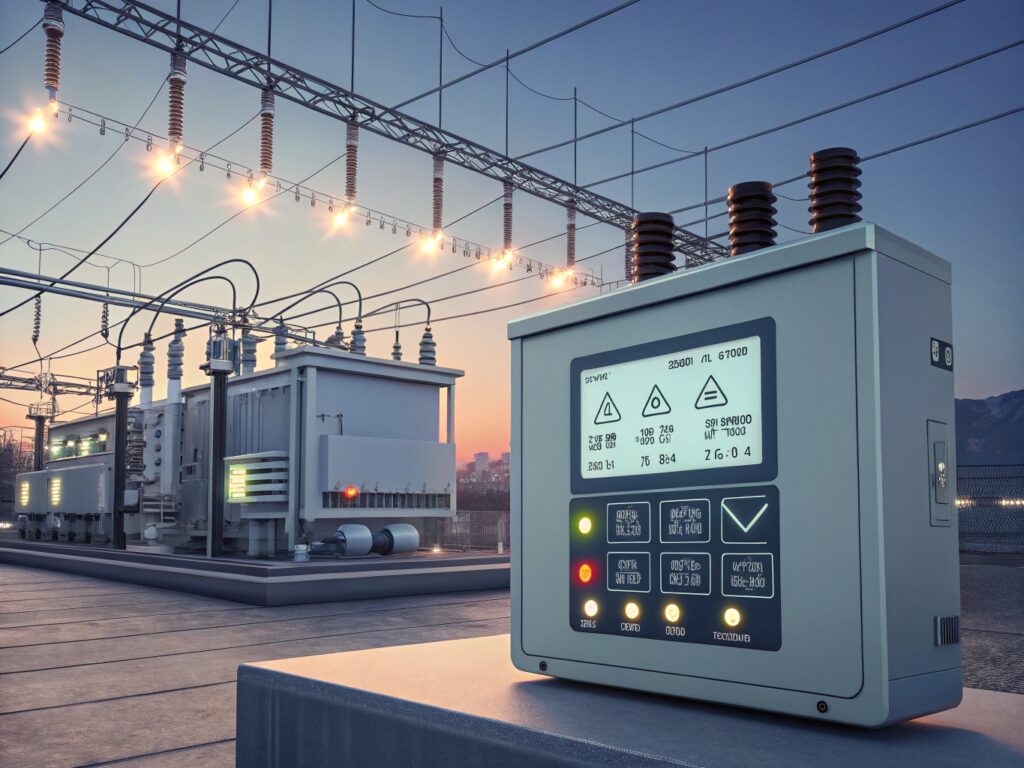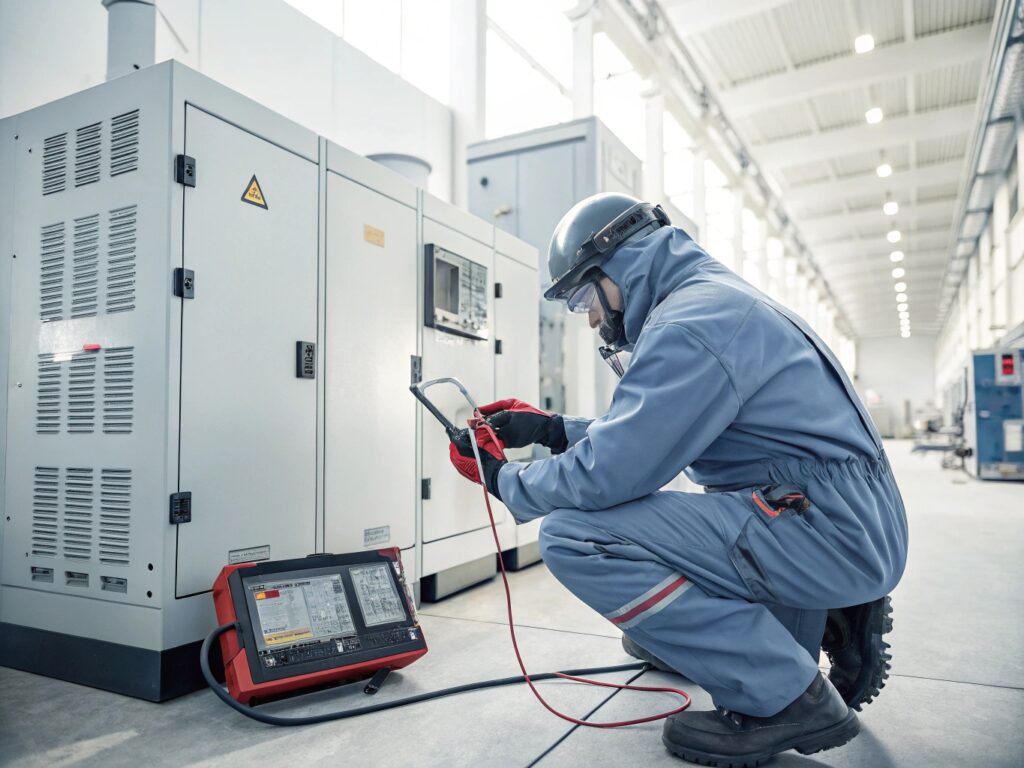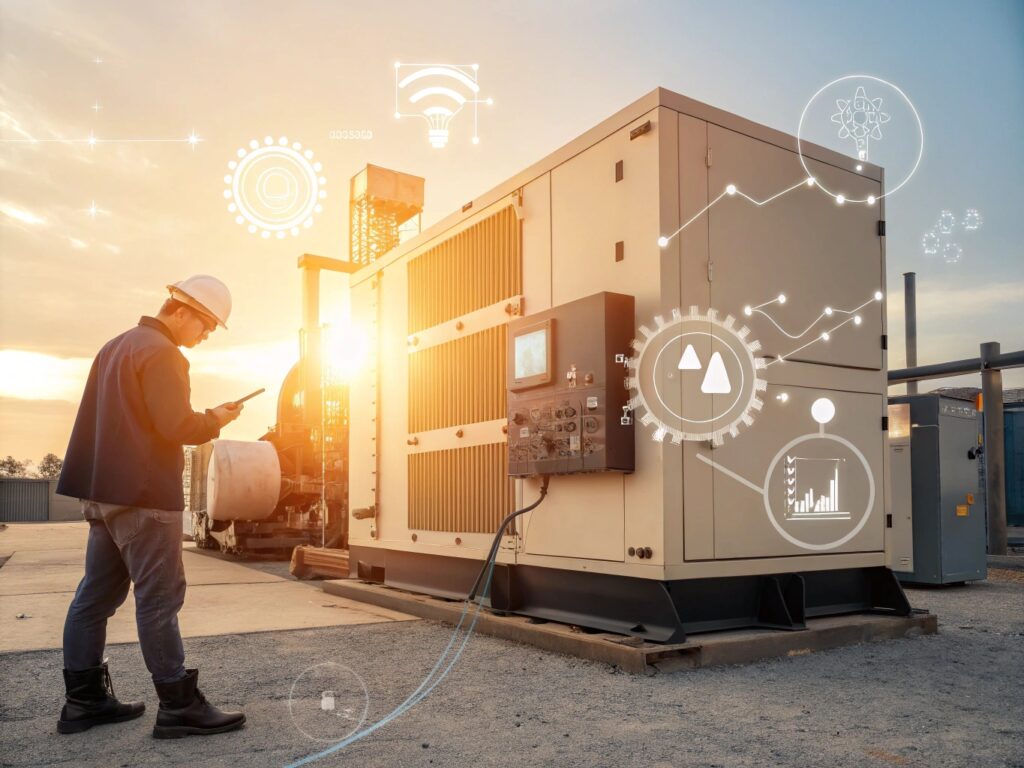
Reliable power is essential for industries and daily life. Generator controllers play a crucial role in maintaining uninterrupted electricity supply and optimizing performance.
Generator controllers monitor, regulate, and protect generators, ensuring consistent power supply in all conditions.
Let’s explore how these devices work and why they are indispensable for power reliability.
[Table of Contents]
How do generator controllers contribute to uninterrupted power supply?
Generator controllers are the brain of power systems, automating essential functions to avoid outages.
They enable automatic start, stop, and fault detection, ensuring smooth power transitions and protecting against failures.

Key functionalities of generator controllers
- Automatic Start/Stop: Ensures generators operate only when needed.
- Load Balancing: Prevents overloading by distributing power efficiently.
- Fault Protection: Shuts down systems during critical errors to prevent damage.
Ensuring seamless operation during power outages
Modern generator controllers integrate with Automatic Transfer Switches (ATS) to instantly switch to backup power during outages. This prevents downtime and ensures operational continuity.
Why is monitoring and control crucial for power reliability?
Continuous monitoring and real-time control are vital for maintaining a reliable power supply.
Generator controllers provide insights and remote control capabilities, enabling quick responses to potential issues.
Advanced monitoring features
- Performance Metrics: Tracks power output, fuel levels, and engine conditions.
- Alerts and Notifications: Sends warnings about low fuel, overheating, or maintenance needs.
- Remote Access: Allows operators to control and monitor systems from anywhere.
Benefits of real-time data
Real-time data enables proactive maintenance, reducing downtime and repair costs. It also helps optimize generator performance and fuel efficiency.
How do generator controllers enhance safety and protection?
Safety is a top priority in power systems, and generator controllers ensure systems operate within safe parameters.
Controllers safeguard generators from damage caused by overloading, overheating, and electrical faults.
Built-in safety mechanisms
| Safety Feature | Function |
|---|---|
| Overload Protection | Prevents generator damage from excess load. |
| Voltage Regulation | Maintains stable voltage output. |
| Emergency Shutdown | Stops operations during critical failures. |
Importance of compliance
Many generator controllers meet industry safety standards, ensuring reliable and secure operations across industries.
Conclusion
Generator controllers are essential for ensuring power reliability, offering automation, monitoring, and safety features that keep systems running smoothly and securely.






